The Nigerian naira’s downward trend continued on Wednesday, hitting N1,654.09/$1 at the official foreign exchange market, a N1.07 increase from the previous day’s rate of N1,653.02/$1.
This decline occurs despite Nigeria’s foreign reserves growing from $38.4 billion in September to $40.2 billion in October.
According to Nigeria’s Minister of Finance, Mr. Wale Edun, the government has chosen to allow market forces to dictate the naira’s exchange rate rather than artificially preserving it.
Edun noted that defending the naira previously cost around $1 billion monthly.
The Central Bank of Nigeria (CBN) aims to boost foreign exchange supply without significant intervention, targeting a stable exchange rate independent of central bank actions.
The strengthening US dollar index contributes to the naira’s decline.
The dollar index rose by over 30 basis points to 104.43, its highest level since July 30.
Positive economic data has reduced expectations of aggressive Federal Reserve rate cuts, driving up US Treasury rates.
The yield on benchmark US 10-year notes increased by 3.4 basis points to 4.24 percent.
Market expectations favour a 25-basis point rate cut at the Fed’s November meeting, with an 88.9 percent probability.
The likelihood of rates remaining constant stands at 11.1 percent.
The upcoming US presidential election also influences currency fluctuations, with rising expectations of a Donald Trump victory potentially leading to inflationary policies.
The CBN’s decision to let market forces determine the naira’s exchange rate has allowed gross reserves to grow organically.
Nigeria’s foreign reserves increased by $1.8 billion from September to October.
Despite this growth, the naira has experienced a significant decline this year.












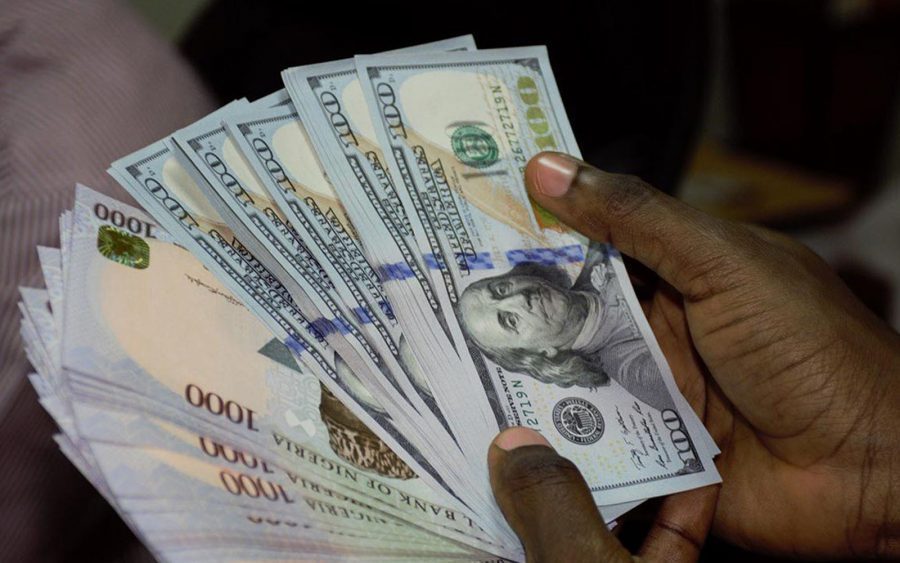



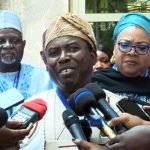



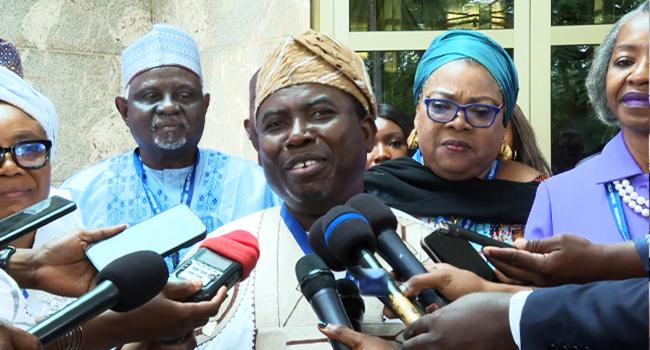


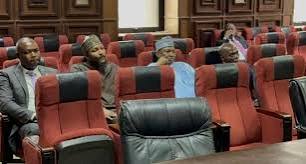












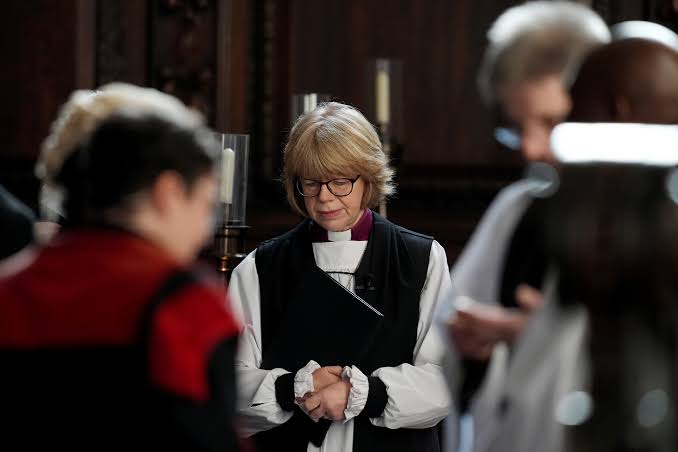

Leave a comment